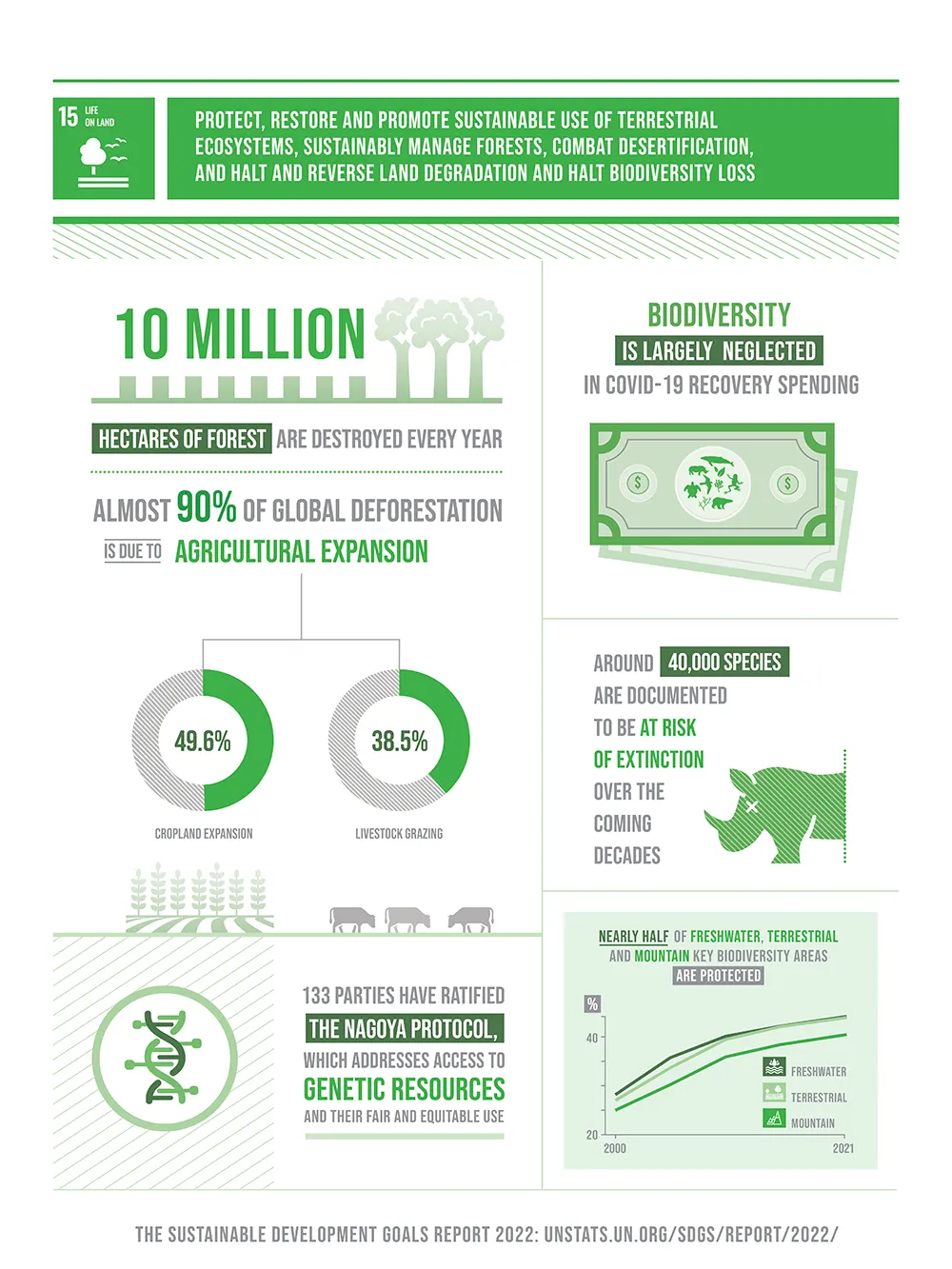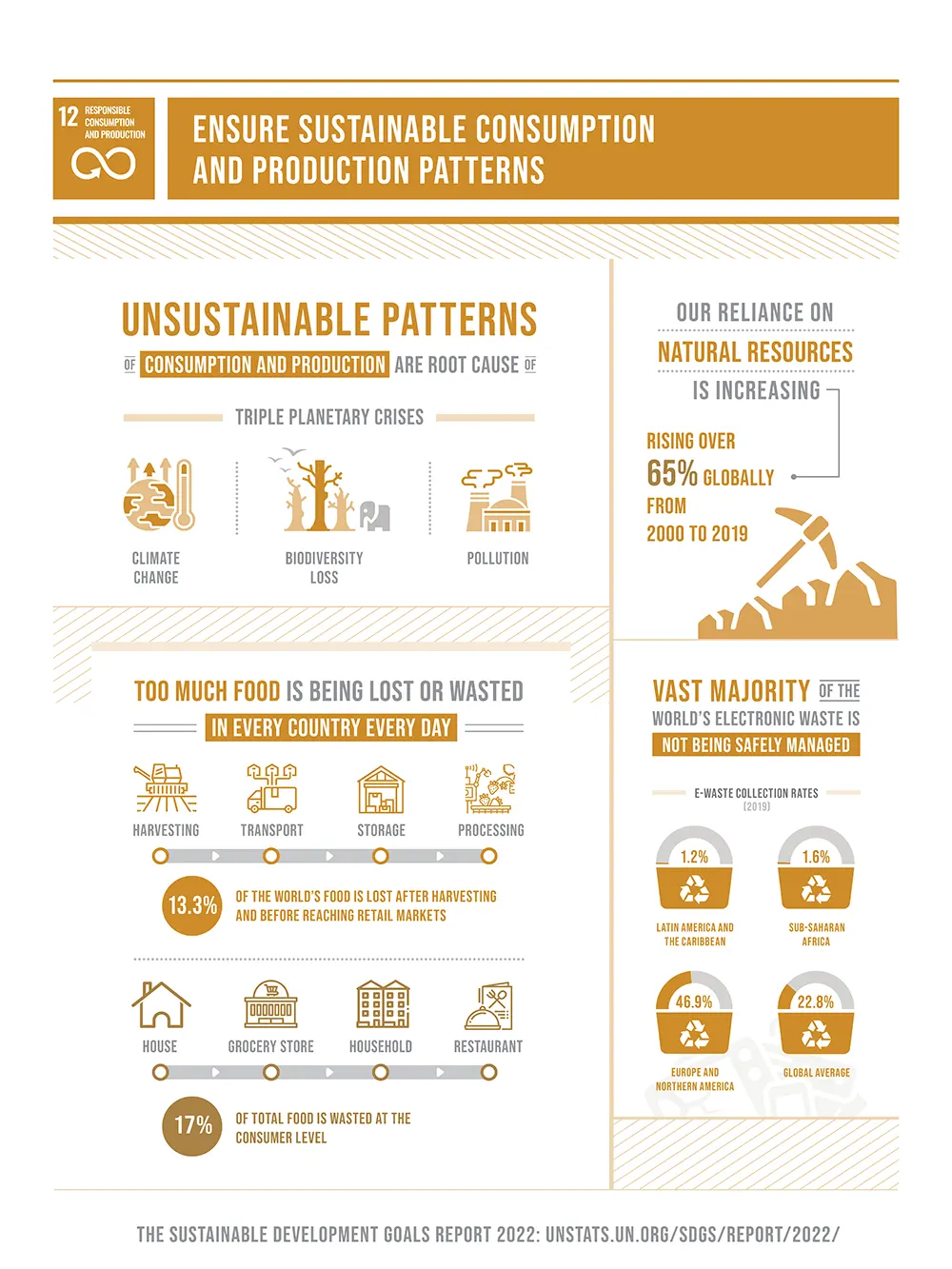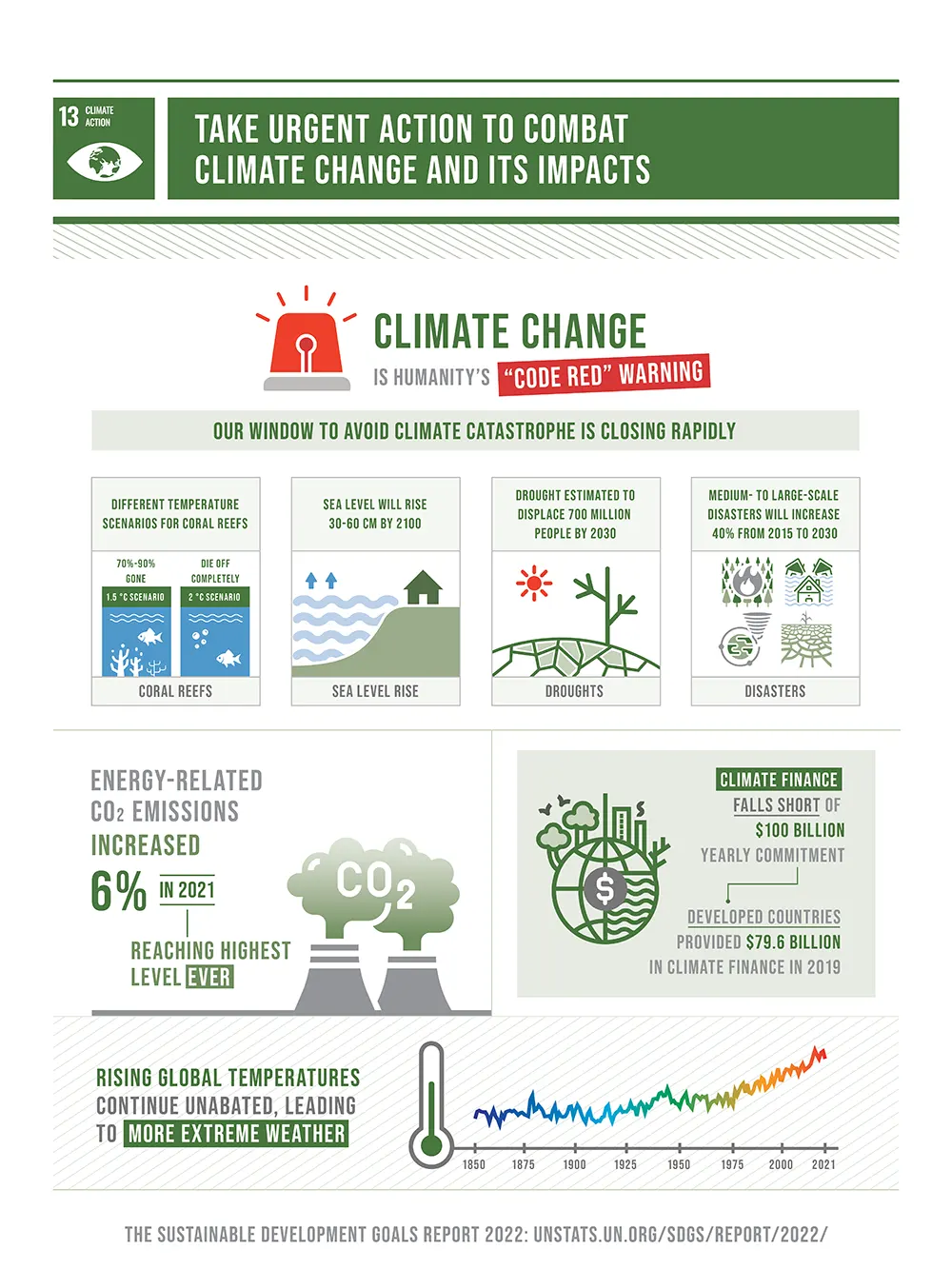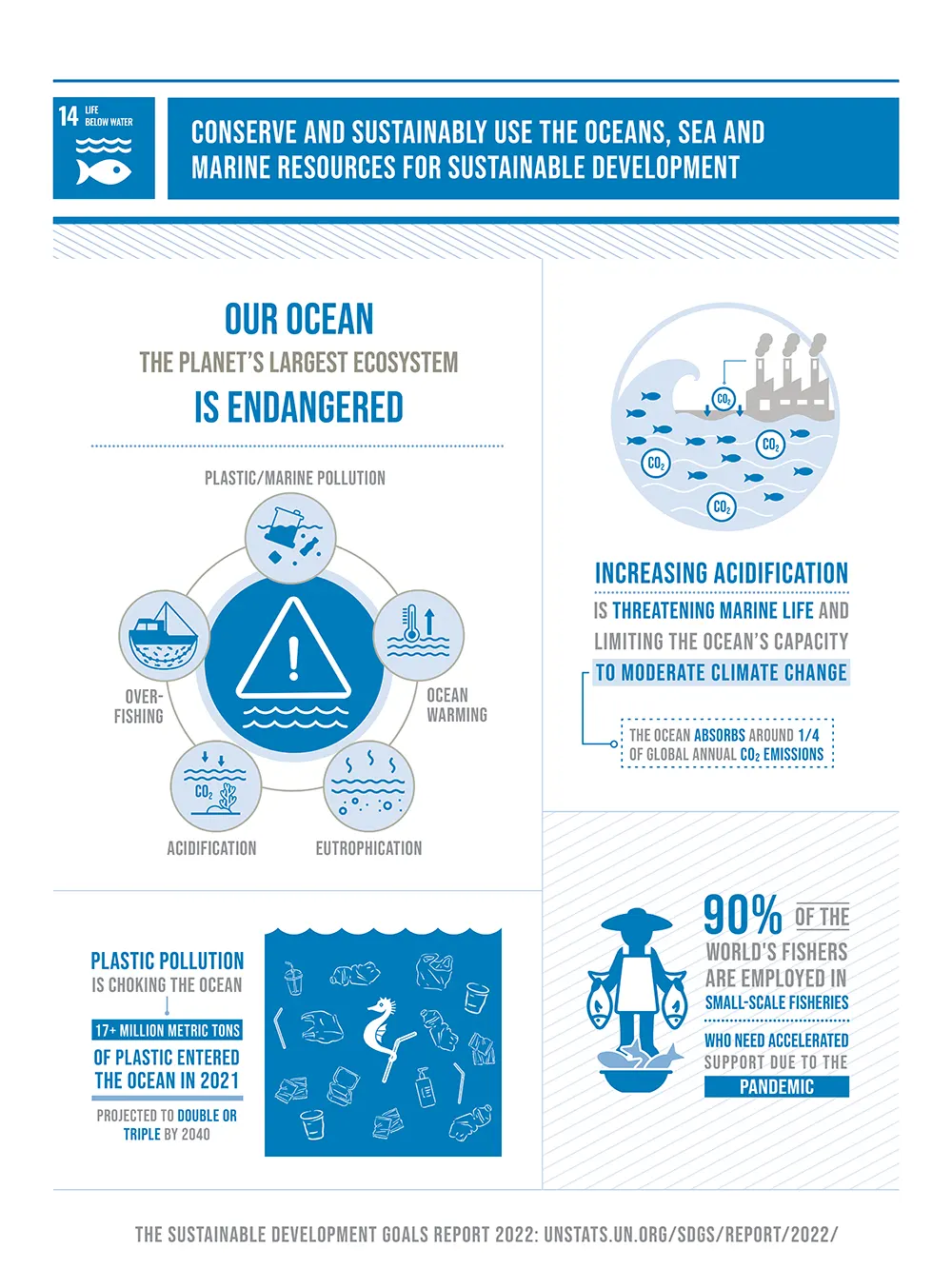Wildlife and Sustainability
What is sustainability?
"Everything that we need for our survival and well-being depends, either directly or indirectly, on our natural environment. To pursue sustainability is to create and maintain the conditions under which humans and nature can exist in productive harmony to support present and future generations." EPA.
What is environmental sustainability?
"Environmental sustainability is the responsibility to conserve natural resources and protect global ecosystems to support health and wellbeing, now and in the future." Sphera
Sustainable Development Goals
"The 2030 Agenda for Sustainable Development, adopted by all United Nations Member States in 2015, provides a shared blueprint for peace and prosperity for people and the planet, now and into the future. At its heart are the 17 Sustainable Development Goals (SDGs), which are an urgent call for action by all countries - developed and developing - in a global partnership. They recognize that ending poverty and other deprivations must go hand-in-hand with strategies that improve health and education, reduce inequality, and spur economic growth – all while tackling climate change and working to preserve our oceans and forests." United Nations
The SDG's relate to the survival of endangered and endemic species around the world, and WIRES work for wildlife aligns primarily with Goal 15 - Life On Land, through the protection of biodiversity and ecosystems. WIRES wildlife work is also closely aligned with Goals 12, 13, and 14
Goal 15 - Life On Land
WIRES' mission is to actively rehabilitate and preserve Australian wildlife and inspire others to do the same. WIRES is the largest emergency rescue organisation for wildlife in Australia, operating a dedicated Rescue Office 24/7, providing rescue advice and support for well over 100,000 native animals annually. WIRES is also involved in national programs to protect and preserve native species for future generations.
Goal 12 - Responsible Consumption and ProductionGoal 13 - Climate Action
Goal 14 - Life Below Water
The State of the Environment Report 2021 assessed the status of Australian native and threatened animals as poor, the status for mammals as very poor, the pressures of climate change and associated extremes on biodiversity as high-impact, the pressures from population and industry as very high-impact, and climate change (including extreme events) was recognised as a key threat to terrestrial ecosystems and species.
To ensure a sustainable, safe future for Australian wildlife, WIRES is increasing focus on initiatives to protect species and habitats, including:
- Reducing waste that can impact wildlife, from discarded cans and plastic bags to discarded fishing line
- Protecting critical native habitat from land clearing
- Improving emergency response capacity for wildlife in response to extreme events
- Collaborating to combating climate change to reduce impacts for wildlife
Operating Sustainably
WIRES also works to minimise the organisation's environmental footprint through a diverse and growing range of initiatives, including use of an environmentally friendly office, recycling, use of sustainably sourced materials, and prioritising digital communication wherever possible.




